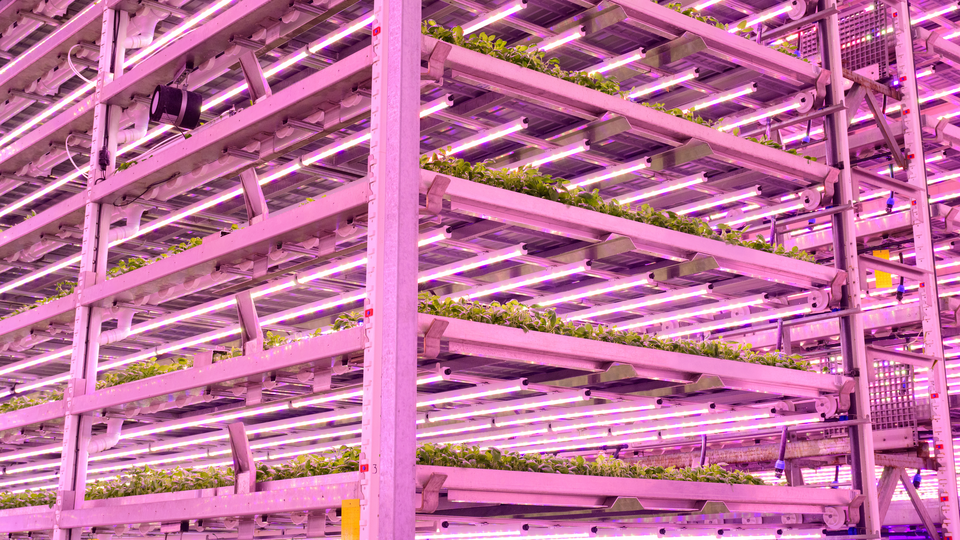
Circular vertical crops
A step towards improved resource efficiency and environmental performance
There is a growing interest in urban cultivation and locally produced food, and vertical cultivations in cities are increasing. Circular production methods have great potential to improve resource efficiency and environmental performance.
There is a growing interest in food production in cities, such as urban cultivation and locally produced food, with urban vertical cultivations increasing every year. Many of the urban production systems are dependent on external inputs and are only to a small extent integrated with resource flows in the immediate area (e.g. energy, industry, infrastructure). Thus, there is great potential for increased integration of circular flows by developing industrial and urban symbiosis. However, the knowledge gaps are large in terms of symbiotic processes for urban production systems.
The overall goal of this project is to research and develop more resource-efficient urban production systems through industrial symbiosis based on circular flows. The project will identify the potential for more circular use of materials and energy together with relevant actors in the food sector and further evaluate the environmental, economic, and social sustainability of this by using life cycle analysis. Finally, the necessary conditions for achieving synergies for increased resource efficiency in urban production systems will be analyzed. The proposed project will generate knowledge that is in demand by decision-makers and actors in the sector. As a result, the outcomes will come into immediate use.
Project facts
- Project: Improving the resource efficiency and environmental performance of urban vertical farms through Circular Production Methods.
- Financier: Formas
- Budget: 8 MSEK
- Project partners: KTH Department of Sustainable Development, Environmental Science and Technology (SEED), University of Bologna, Department of Agricultural and Food Sciences
- Period: 2022 - 2025
Contact
Want to know more about IVL's services and offers? Enter your email address and choose which area you want to know more about, and we will get back to you.
NOTE! For questions about vacancies and thesis work, go to the Careers
tab in the main menu.
